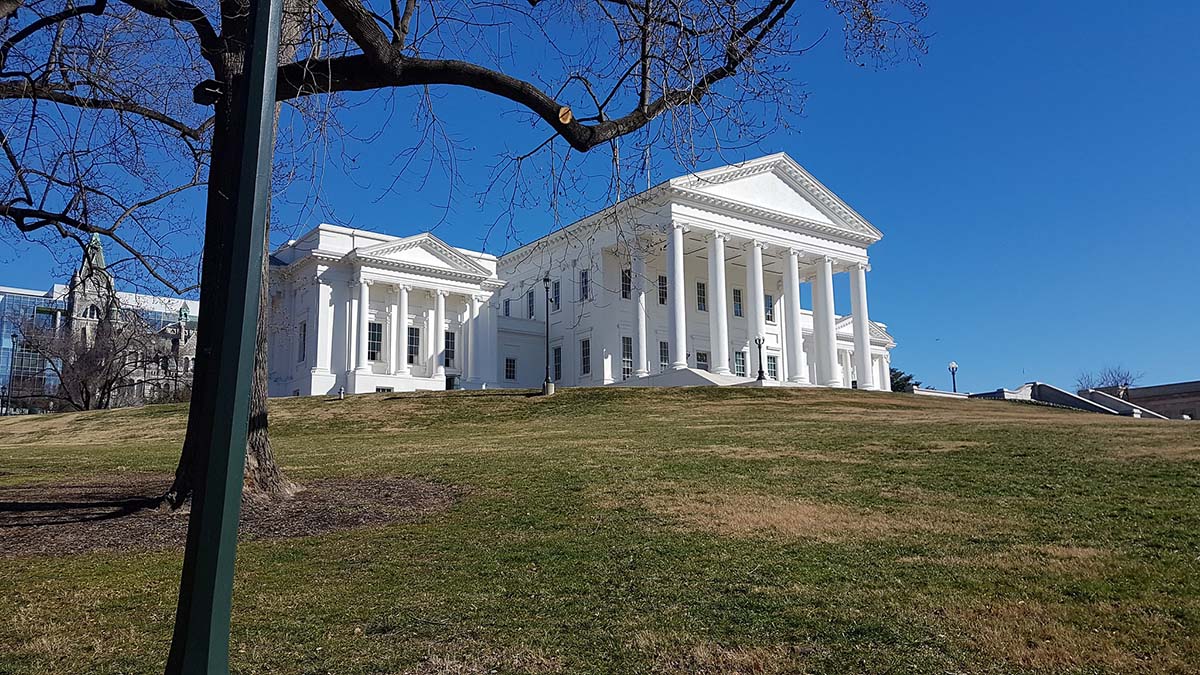A pair of Virginia lawmakers on opposite sides of the political aisle are requesting the state appropriate $5 million for an education fund for descendants of people denied a public education during Massive Resistance, when Virginia imposed laws to prevent school desegregation.
The budget amendments proposed by Sen. Creigh Deeds, D-Charlottesville, and Del. Terry Kilgore, R-Scott, would put that money toward the state’s Brown v. Board of Education Scholarship Fund after the scholarship committee learned last month it had less than $1 million in its accounts.
This story was reported and written by our media partner The Virginia Mercury
“We really need to fund that scholarship since it’s on the books,” said Kilgore. “So I’m trying to help … do that, and I’m hoping I can get some help from folks across the aisle to push at least some of that money in there.”
Deeds said he’s interested in ensuring everyone has access to an education.
“Through our history, we’ve denied people access, and that historical stigma carries on,” Deeds said. “It’s important that we continue to work to make sure that all Americans, all Virginians, have access to the bounty that awaits.”
However, as both legislative chambers prepare to present their budget proposals, Deeds said the state faces some tough decisions.
“The federal money the last few years made it seem like we had an abundance of resources,” he said. “We don’t have an abundance this year. We’re going to be lucky to get to fund even a small portion, billions of dollars with budget amendments that have been put forward and so we have our work cut out for us.”
Last year, the General Assembly expanded eligibility for the fund and the committee that oversees it made other changes to ensure it remains sustainable.
The scholarship awards can be used for professional degrees, career and technical education training, or earning a GED or adult high school diploma.
While the state’s original program offered scholarships only to those people denied a public education in five localities where officials closed schools between 1954 and 1964, a law passed last year expanded eligibility to the “lineal and collateral descendants” of those individuals. The localities included Arlington, Prince Edward and Warren counties and the cities of Charlottesville and Norfolk.
Last December, the committee that oversees the fund also capped the number of awardees at 10 students annually. Each applicant will receive $10,000 per year.
Sen. Ghazala Hashmi, D-Richmond, said during the December scholarship committee meeting that the cap will ensure “we have an allowance for any other individuals that fall under the previous criteria, and we can still continue to cover their tuition costs.”
The committee also added criteria that will prioritize applicants based on the degree of their relationship with the directly affected descendants.
Ken Woodley, an author, former journalist and the original person who proposed the fund, said the budget allocations could help Virginia “set an example for a country that is even more divided racially now seemingly than it has been.”
“I think there is an absolute moral, as well as historical obligation by the General Assembly to fund the expansion of the Brown scholarship program, which they unanimously approved during the 2023 session,” Woodley said. “It’d be unconscionable to do that without providing the financial means to achieve that goal.”
The fund could also receive some federal assistance.
While federal lawmakers have been unable to acquire $1 million in federal dollars they requested for the fund, U.S. Sens. Mark Warner and Tim Kaine are still seeking to include $500,000 in spending plans.
Spokeswoman Mia Fisher said the request is part of a draft Senate government funding bill and the two senators will continue “pushing to get the bill across the finish line.”


